Making a deal with Odin, the most powerful of the Norse gods, is a bad idea. Sigrene, who is considered one of the lowest of the low in Asgard, the Norse city of the gods, knows any dealings with Odin could get her killed, but after her friend is murdered, she is desperate to get justice for the girl.
When Sigrene learns the killer will be coming for her next, she’s pushed into action. What can she sacrifice to persuade the Norns, the three Fates, to teach her to spin magic to uncover the murderer’s name? Between Odin, the Valkyrie warriors and the dragon who gnaws on the roots of the World Tree, Sigrene makes powerful enemies at every level of the Norse Nine Realms. And every choice she makes leads her into more perilous places. No one alive has ever returned from the deepest of the Hel Realms: how can Sigrene?
This unique, epic poem explores little-known Norse mythology and pays special attention to form, sound, and imagery. Sigrene’s Bargain with Odin contemplates the age-old quandary of where our loyalties lie, and how to act with integrity to find peace in a troubled world.
“With the beauty and clarity of a fairy tale and the complexity of an ancient Norse legend, we share the tests a hero endures for love of a friend, and of a horse… This books shimmers in content, style and power.”
—Kate Braid, author of Inward to the Bones, co-author of In Fine Form: The Canadian Book of Form Poetry
“In Zoë Landale’s ambitious and remarkable epic poem, Sigrene’s Bargain with Odin, the reader is immersed, immediately and completely in lyrical legend. Sigrene, half goddess, half mortal, accepts the path destiny commands as she sets out to exact vengeance on the one who killed her childhood friend, Krista, “sister-heart, beloved.” Here be skyhorses and dragons, Fire-gods and Valkyries; here a new song animates the ancient legends.”
—Rachel Rose, former poet Laureate of Vancouver, author of Notes on Arrival and Departure
Zoë Landale has published ten books, edited two books, and her work appears in more than fifty anthologies. She taught for fifteen years as a faculty member in the Creative Writing Department at Kwantlen Polytechnic University in Vancouver. Her writing has won significant awards in three genres, including first in the Stony Brook University Short Fiction competition, National Magazine Gold for memoir, and first in the CBC Literary Competition for poetry. She now lives and gardens on Pender Island, a southern Gulf island in BC, where she is writing up a storm. www.zoelandale.com
From Part 1 – In Freyja’s Hall
Three days the uncle-heroes searched for Krista. They found
her, finally, in late afternoon. But the rose bush Frigg
had talked of had been cut down. Only a few finger-
size stems and the roots were left. When her mother
and I arrived, uncles had scooped away the mud
that held her down. Do you know how much
black pain a heart can take? The answer is too
much: hearts should explode or tear themselves
into pieces tiny and pale as the thumbnails
of the girl whose hands dragged in soil, whose face
behind the dirt was so blazingly white that you felt
you’d never seen white before, not this final
color. So you scream, or that’s what they say
I did. Krista’s mother turned and struck
me on the face. I saw navy sky with moving stars.
The only sound, her harsh panting. Einherjar
like stones, planted. Do you know, even
I thought she was accusing me. For envy.
I’d cursed my friend for having what I could not,
for heroes wanting her, for the one I liked never
seeing how my gaze clung to him. He didn’t notice
me as anything but a breath-pet. A child
from the living world, a warm chattering
fool who now stood, stricken with the conviction
everyone would think I’d hurt her. But
then Addý hard-hugged me. The breath
she’d been gasping with became
a lament that fluttered like blown cloth in
the air though there was no wind in
that place. The uncles dug Krista out, gentleness in
every touch. Her braid is gone, I said stupidly.
Cut off, an uncle said shortly. Her blue overtunic so
ripped it was ruined. Her bare arms were slashed.
She died defending herself, I said. Krista’s mother
screamed, Who did this? fierce as a fox, though any man
there could have killed her in seconds.
In silence, the heroes lifted Krista’s body
from the muck, laid her on clean grass. Her legs were bare.
Beneath her were scrunches of clothing, the beige
of her underclothing, her pants. An older uncle stripped
off his cloak, laid down a shield. We’ll put her on this, he said.
And he tucked his cloak around Krista so sweetly,
I thought, this warrior had a daughter he’ll never see again.
Krista’s mother screamed, But this is Asgard!
How could harm come to my girl here? She waved away
the uncles who had stooped to pick up the shield. You men,
she said, and her tone lashed such grief and scorn I saw many
of the harsh heroes flinch. She beckoned to me.
Then, on the shield, its sharp rim hurting our hands, we started
to carry our dead back to Freyja’s hall. Sound rose silver
from our throats, desperate sorrow lifted to the softened
blue of sky: Krista murdered, her knife and her braid taken.
She’d been raped, then the rose bush cut off to hide the
grave. Well might Addý motion the men away; one of them
could have killed her daughter. Clearly the murderer knew Frigg’s prophecy.
In the realm of the gods, where all were allies, who could possibly
have done this? How could we ever be free from this pain?
****
From Part 2 – Down Past the Worlds
My destiny was a green wave. Spinning with Verdandi,
I watched it carry me like the river’s vigor
below Bifrost, where the Cloud river foams and boils like the very
world serpent itself thrashing. On the first day, the Norns snipped
away my nickname. I breathed through the cut; not so
bad. Then they clipped the silver word that was really me, stripped
its threads right off the Loom. The comfortable name that had been
me, severed between one heartbeat and the next. Hadn’t I boasted
to the Norns about what I would give? I was a blank
breath. Pain as white as when my mother walked
by me in Sessrúmnir, again, twined about some hero and way
too busy to bother with a daughter who was
always in the way. That ghost hurt that said as a daughter,
I was a key that opened no door,
a coin so tiny it bought nothing. A dry
ball of dust skittering beneath a table. What do you say
a name is worth, though, when a dead friend screams
for vengeance, insistent as a sooty shearwater?
So I told myself, as the no-name that was Self flicked
light from the surface of Urd’s Well across the fronds
of the World Tree and into my spindle. I told this self, Focus.
I said: I am a splintered blade but I can still stab.
But I wondered: was I spinning seithr or was it spinning
me? Verdandi, What is now, hissed, Yes-s-s-s.

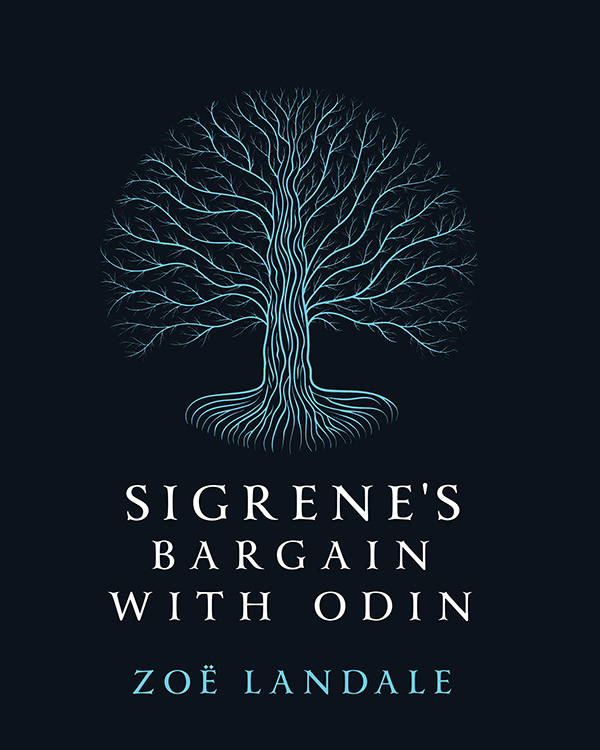
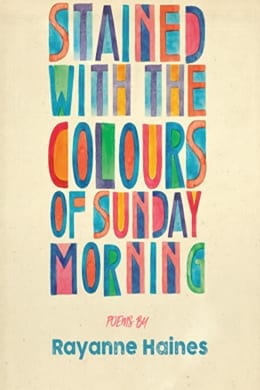
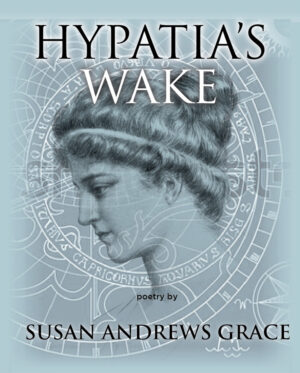
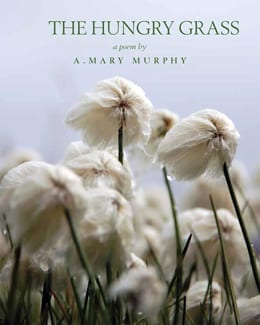

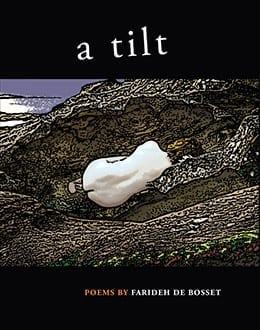
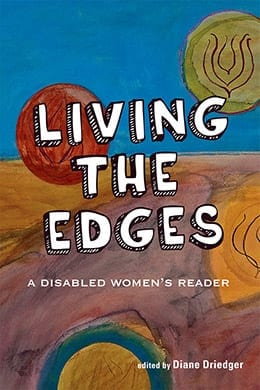
Reviews
There are no reviews yet.